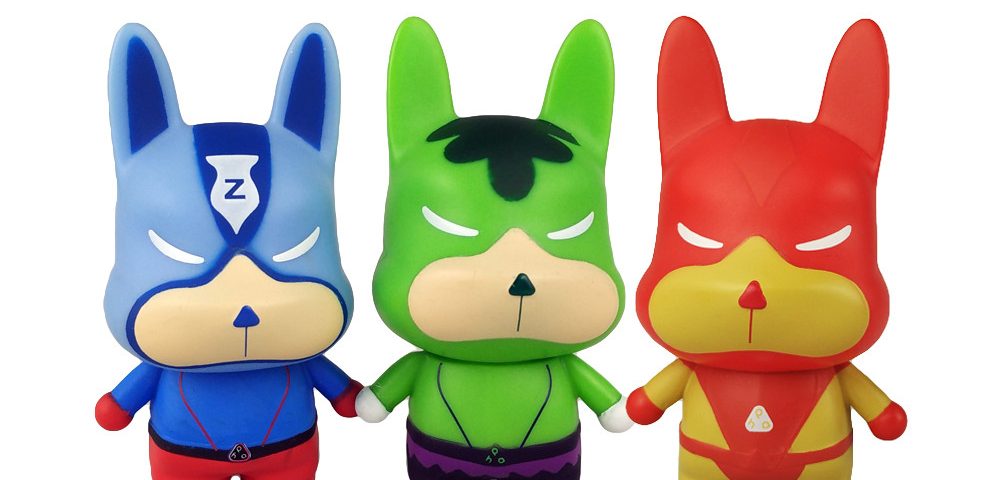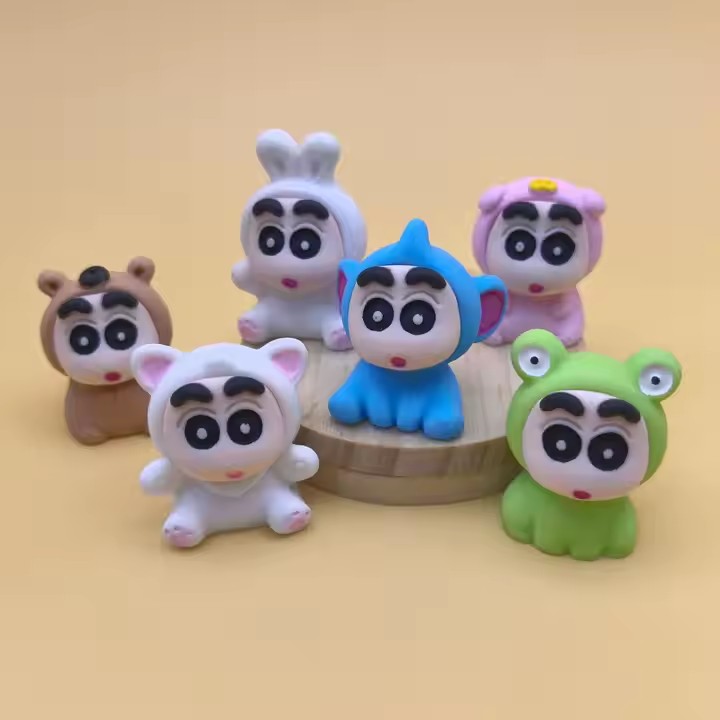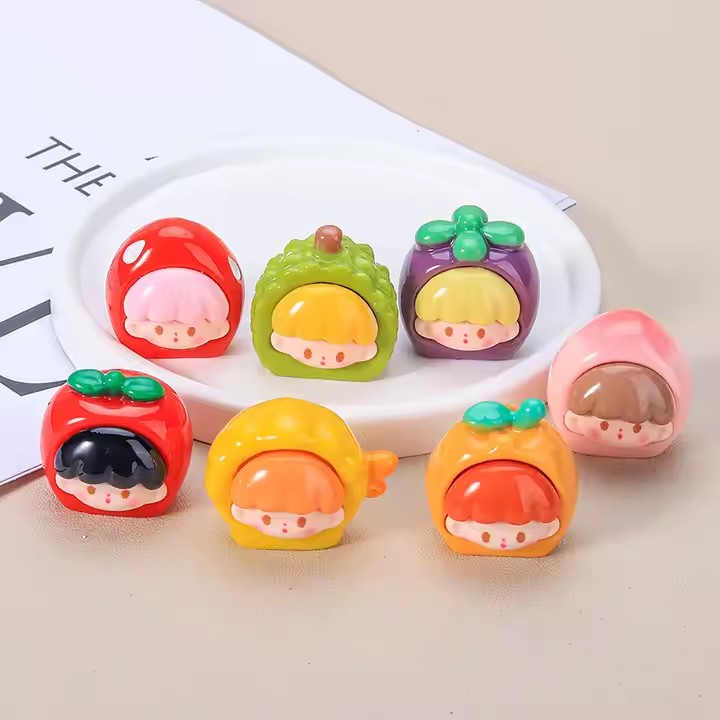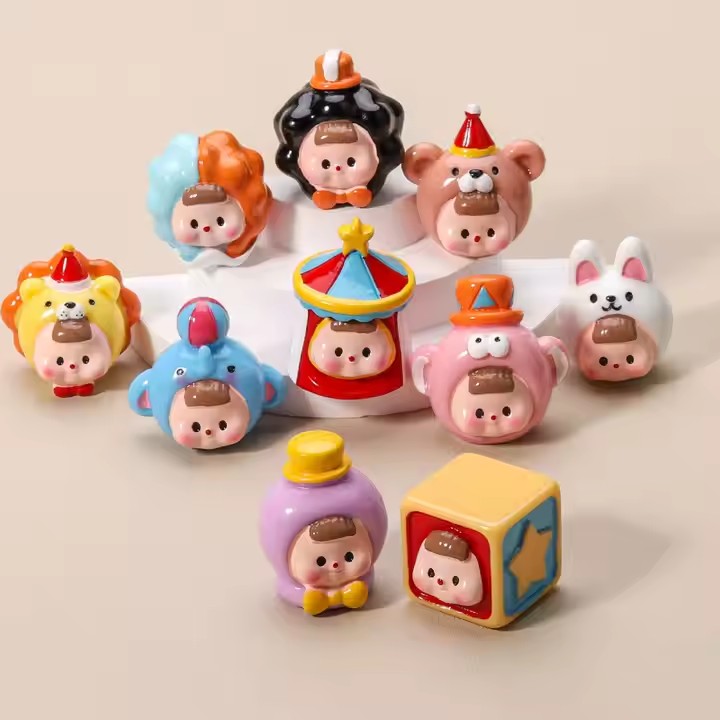Inside the Factory: How Are Cartoon Figurines Made?

Toy manufacturers analyze the benefits of using PVC materials for plastic toys
2019-07-17
How Different Materials Affect the Quality of Cartoon Figures
2025-07-17


Inside the Factory: How Are Cartoon Figurines Made?
Cartoon figurines are more than just toys or collectibles—they’re the result of a meticulous and creative process that blends design, engineering, craftsmanship, and manufacturing precision. Whether you’re a brand looking for OEM/ODM services, a wholesaler, or an IP owner considering custom merchandise, understanding the production journey helps you make better choices.
Here’s an inside look at how cartoon figurines are made in a professional factory setting.
1. Concept & Design Phase
Every great figurine starts with a concept.
-
Client Briefing: The process begins with a discussion—what is the character, what size, pose, color, and style are desired?
-
2D Illustration: Our design team creates high-quality 2D concept art based on your character or idea.
-
3D Modeling: The 2D design is then converted into a 3D digital model using CAD software such as ZBrush or Blender. This model allows for precision details and viewing from all angles.
🔍 Tip: 3D previews let clients request changes before physical prototyping, reducing risk and cost.
2. Prototype Development
Once the design is approved, we move on to prototyping.
-
3D Printing or CNC: The 3D model is printed or carved into a physical form, usually in resin or wax.
-
Hand Finishing: Skilled technicians polish, assemble, and detail the prototype by hand to ensure high fidelity.
-
Color Sampling: Colorists test different paint applications to match brand/IP requirements.
Clients are often sent the prototype for approval before mass production begins.
3. Molding & Tooling
-
Silicone or Steel Molds: Based on the approved prototype, production molds are created. For soft vinyl figures, silicone molds are common; for PVC or ABS, we use steel injection molds.
-
Multi-Part Molds: Complex figures with movable parts or accessories require precise multi-part molds.
⚙️ This step is critical for mass consistency, durability, and production speed.
4. Material Injection or Casting
-
Material Selection: Common materials include PVC, ABS, resin, soft vinyl (sofubi), or even eco-friendly biodegradable plastics.
-
Injection/Casting: Raw materials are melted and injected into molds under high pressure.
-
Cooling & Ejection: Once cooled, the parts are ejected and inspected for defects.
5. Assembly & Hand Painting
-
Manual Assembly: Multiple figure parts (head, limbs, accessories) are assembled by trained workers.
-
Painting: Most high-end cartoon figures are hand-painted using airbrush, pad printing, or manual brushes to ensure vivid colors and small details.
-
QC Check: Every unit undergoes strict quality control for shape, color accuracy, joints, and packaging integrity.
6. Packaging & Shipping
-
Custom Packaging Design: Packaging can include printed boxes, blister packs, window boxes, or collector’s cases.
-
Labeling & Barcoding: For retailers or Amazon sellers, we provide barcode, QR, or SKU labeling.
-
Logistics & Export: Once packed, your order is prepared for domestic or international shipping with all required customs documentation.
🧠 Final Thoughts
From a simple sketch to a vibrant, shelf-ready cartoon figure, the process involves dozens of skilled professionals and state-of-the-art machinery. By understanding each stage, clients can better plan timelines, budgets, and creative inputs.
At [Your Company Name], we’ve helped hundreds of clients bring their characters to life. Whether you’re a startup with a new mascot or an established IP owner looking for scalable production, we offer end-to-end OEM/ODM support tailored to your vision.
📩 Need help with custom cartoon figures?
Contact us today to start your project — we speak design, molds, and manufacturing fluently.



